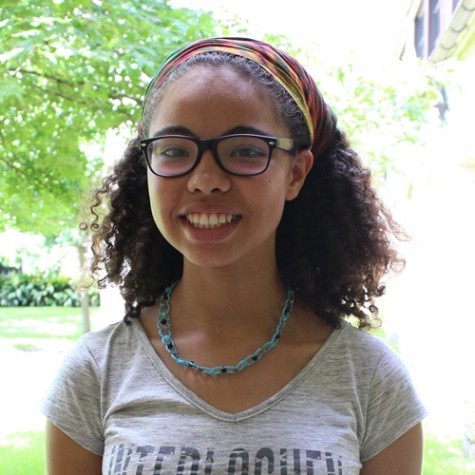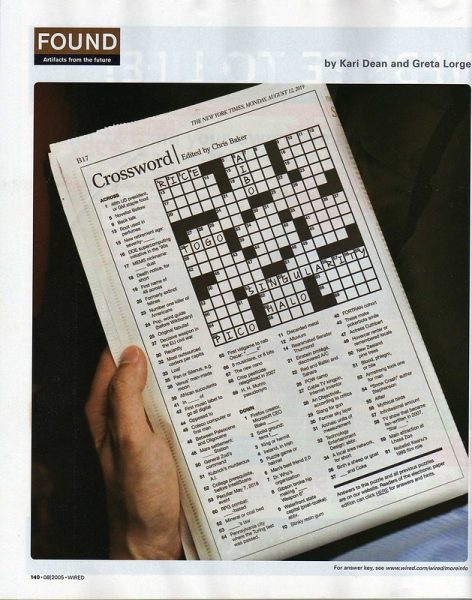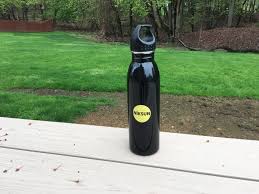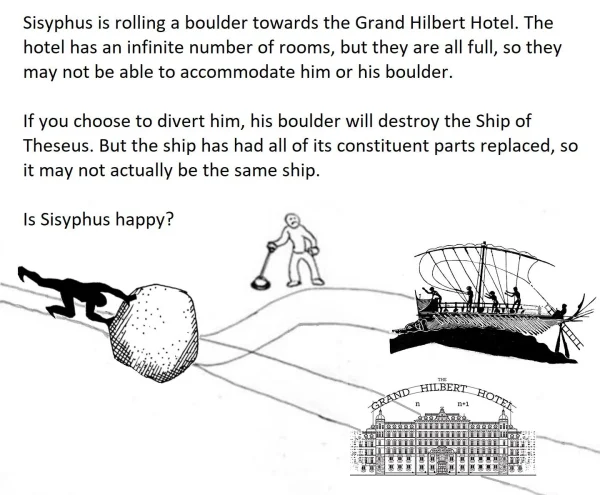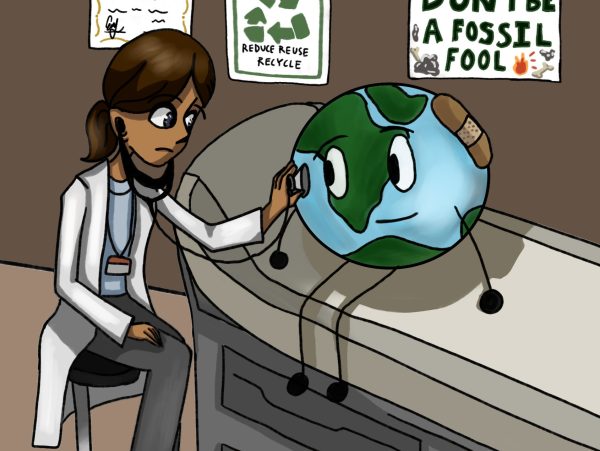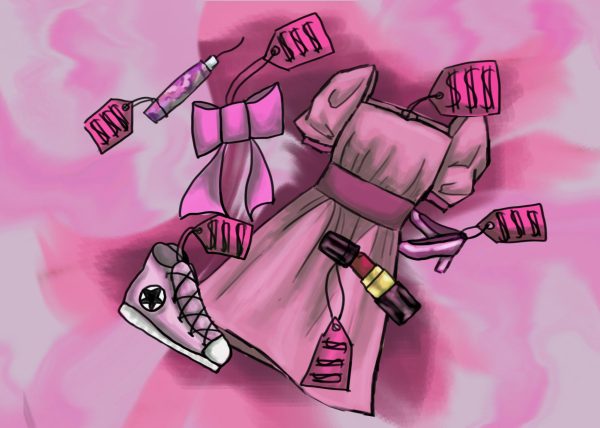As Ice Bucket Challenge cools down, importance lingers
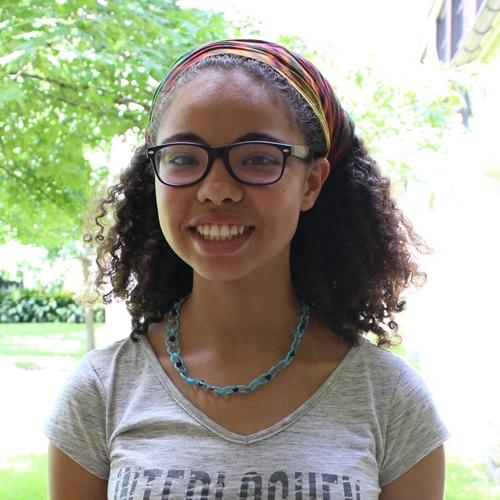
Sophomore Irene Vazquez completed the Ice Bucket Challenge August 22.
September 4, 2014
Amyotrophic lateral sclerosis: now say it five times fast. The disease that has captured the world’s (or at least the world on Facebook’s) attention, ALS, was first brought to the public eye in 1939, when famed Yankee Lou Gehrig publicly announced his diagnosis. Since then, it’s borne the colloquial name Lou Gehrig’s disease. Unfortunately, since 1939, new and flashier diseases have taken the spotlight and donations.
The ice bucket challenge first came to media attention when hosts of the Golf Channel’s ‘Morning Drive’ televised a live, on-air ice bucket challenge. The challenge’s focus was shifted to ALS research when golfer Chris Kennedy challenged his cousin, whose husband has ALS. It has been a viral sensation ever since, albeit one that is now cooling down.
The headlines on the ALS Association website say it all: “Ice Bucket Donations Reach $53.3 Million.” Then $62.5 million the next day. In just four days, the Ice Bucket Challenge raised $35.2 million dollars. These numbers would seem to quiet even the most cynical of thoughts.
But what does the ALS Association actually do? According to their website, the ALS Association is funding almost 100 active research projects and works to promote public policies that respond to the concerns of people with ALS. The unfortunate reality is that the ALS Association, much like the American Diabetes Association and the Susan G. Komen Foundation, is a corporation. A portion of the funds raised go to paying organizers, funding charity walks and organizing fundraisers.
The good news is that any awareness is a good thing. People around the world, children who would not have known what ALS even meant, are aware of this disease. Thanks to the ice bucket challenge, we are that much closer to find a cure.
ALS affects members of the SJS community. Taylor Heeg (’14) lost her father Mark Heeg in April. He had ALS for two and a half years.
“One of the biggest steps towards advancement in ALS research is awareness,” Heeg said. “I think that the Ice Bucket Challenge is doing a great job of that, as well as raising money for an important cause.”
Watch Irene’s own Ice Bucket Video below:



